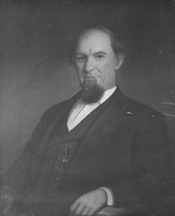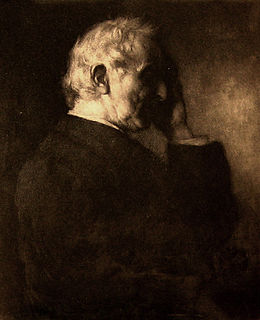A Quote by Carol Ann Tomlinson
Teaching is a very habit-bound endeavor. We're unsettled by the unfamiliar. We're creatures of habit too.
Quote Topics
Related Quotes
Your god may be your little Christian habit - the habit of prayer or Bible reading at certain times of your day. Watch how your Father will upset your schedule if you begin to worship your habit instead of what the habit symbolizes. We say, 'I can't do that right now; this is my time alone with God.' No, this is your time alone with your habit.
Our joy, peace and happiness depend very much on our practice of recognizing and transforming habit energies. There are positive habit energies that we have to cultivate, and negative habit energies that we have to recognize, embrace and transform. The energy with which we do these things is mindfulness.
When Goethe says that in every human condition foes lie in wait for us, "invincible only by cheerfulness and equanimity," he does not mean that we can at all times be really cheerful, or at a moment's notice; but that the endeavor to look at the better side of things will produce the habit, and that this habit is the surest safeguard against the danger of sudden evils.
I too have sworn heedlessly and all the time, I have had this most repulsive and death-dealing habit. I'm telling your graces; from the moment I began to serve God , and saw what evil there is in forswearing oneself, I grew very afraid indeed, and out of fear I applied the brakes to this old, old, habit.
A fixed habit is supported by old, well-worn pathways in the brain. When you make conscious choices to change a habit, you create new pathways. At the same time, you strengthen the decision-making function of the cerebral cortex while diminishing the grip of the lower, instinctual brain. So without judging your habit, whether it feels like a good one or a bad one, take time to break the routine, automatic response that habit imposes.
But you go to a great school, not for knowledge so much as for arts and habits; for the habit of attention, for the art of expression, for the art of assuming at a moment's notice a new intellectual posture, for the art of entering quickly into another person's thoughts, for the habit of submitting to censure and refutation, for the art of indicating assent or dissent in graduated terms, for the habit of regarding minute points of accuracy, for the habit of working out what is possible in a given time, for taste, for discrimination, for mental courage and mental soberness.



































